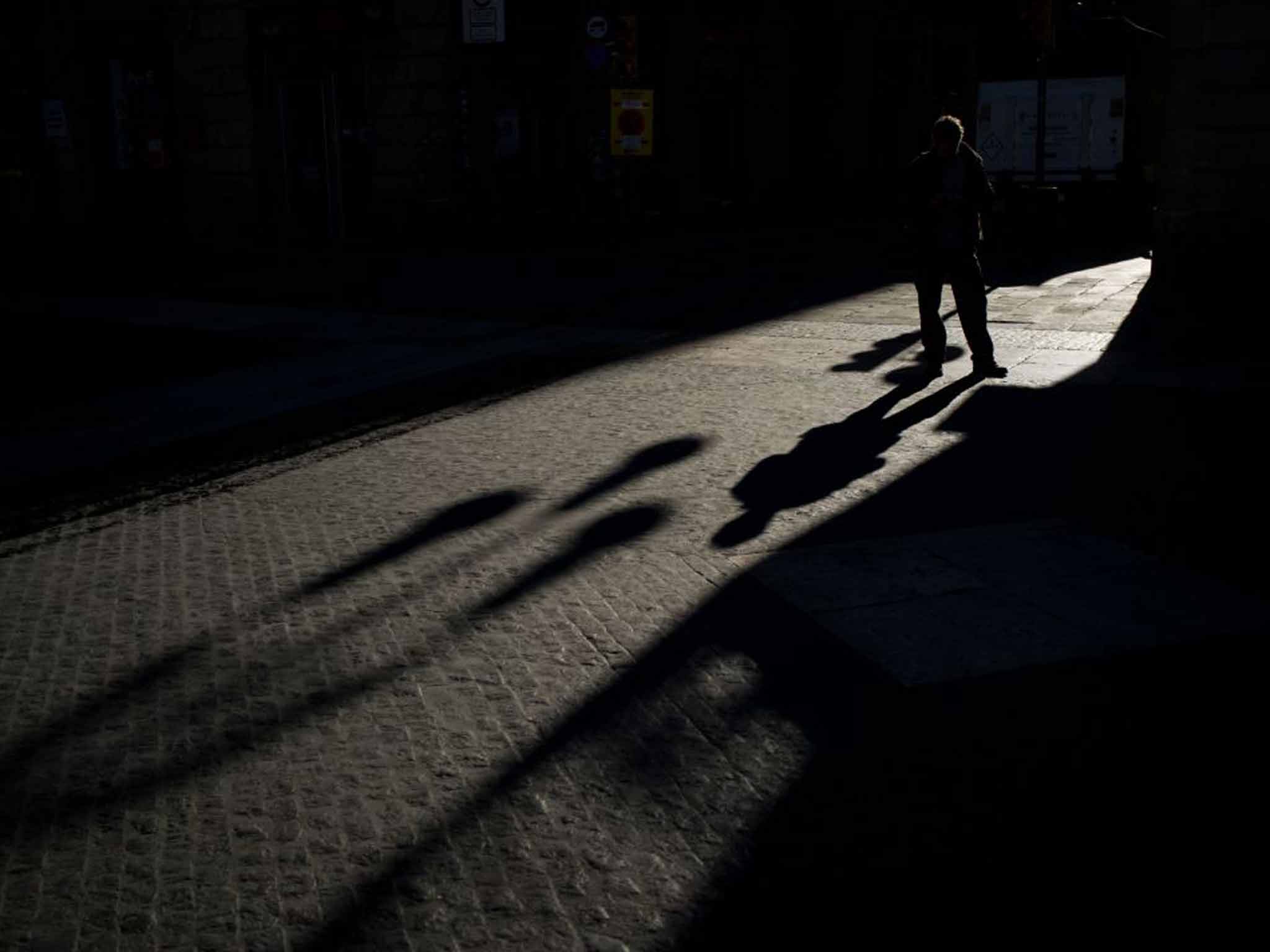What are 'professional witnesses' and why is there such high demand for their services?
Too many offences escape prosecution for want of anyone willing to give evidence. When the police can't help, it's time fpr a new approach...

Looking for a new job? There is (or at least there was, briefly) demand in North London for someone to stake out a council estate and watch the pigeons. Just don't feed the things, because that's what you would be keeping a covert eye out for in your new role as a “professional witness”.
It was the first mention of such a job that residents of the Palmers Estate in Islington had heard, and they weren't happy. It came in a letter from the council which threatened tenants who continued to feed the pigeons with legal action and “the loss of your home”.
“Islington council have appointed a 'professional witness' to obtain video and hearsay evidence to identify culprits,” the message went on. It was written by the council's quality assurance officer (let's look at what that role means another day). “No further warnings will be given regarding this issue.”
One resident tweeted a photo of the letter. “Islington [Council] issued bully tactics to residents for feeding the birds,” Ryan Ross wrote. “Threats of losing your home. Hiring a spy! wtf.” The council swiftly hand-delivered a new letter, reassuring tenants that the first “should not have been sent” and that evictions would not be sought. Nor would it deploy a professional witness.
But what is a professional witness? It turns out they are ideally highly (but, potentially, minimally) qualified folk who will, for a fee, keep watch with a view to becoming a reliable, independent witness in court. And they are in high demand.
“You can use a professional witness for anything,” says David Kearns, the managing director of Expert Investigations, a Coventry-based firm that employs almost 40 investigators, all of whom can work as paid witnesses. “But a lot of the work is for housing associations or councils when nobody else would be prepared to give evidence. You could have anything from noise, drugs and violence to drinking and urinating in the streets.”
And pigeon feeding? “No, but we've done dog fouling. You don't want any sort of droppings near your home, or a children's park,” says Kearns, a former police detective who hasn't looked back since setting up the business almost 14 years ago (“We get to do the same work but without the bureaucracy”).
Sometimes a witness, all of whom in Kearns' employ have police or military backgrounds, will attend a trouble spot for a couple of hours. Other jobs are more elaborate and closer to regular private investigation work, but specifically with a view to providing a witness.
“I was part of an operation last year where we moved into an empty housing association property as new tenants and moved among the community,” Kearns says. “We also set up cameras and lived there and watched a nearby family for 10 days for evidence of drug dealing. We went to court and they pleaded guilty.”
Anyone can employ a professional witness. Private residents can, for example, club together to recruit someone to observe noise pollution or other antisocial behaviour. “About 50 per cent of victims who fill out our survey are homeowners,” says Jenny Herrera, chief executive of ASB Help, a support service for victims of anti-social behaviour. “They're the ones saying, 'Where do we turn?' And generally, people could make better use of professional witnesses.”
But anyone can offer their services as a professional witness, with or without training (there are two-day courses which include teaching in surveillance as well as the law – witnesses have authority under the Regulation of Investigatory Powers Act 2000). “Because it's not a regulated industry, you can't always vouch for the ethics of each individual,” Kearns says. “And, like in any court case, the credibility of a witness will be looked at.”
Islington Council did not respond in time to questions about how often it employed professional witnesses. The Local Government Association says it has no experience of dealing with them, but Kearns still claims business is good, with cash-strapped police forces and authorities struggling to tackle crime and bad behaviour on their own. As he says: “If you look at how many estates have problems with drug selling, it's impossible for police to deal with them all.”
